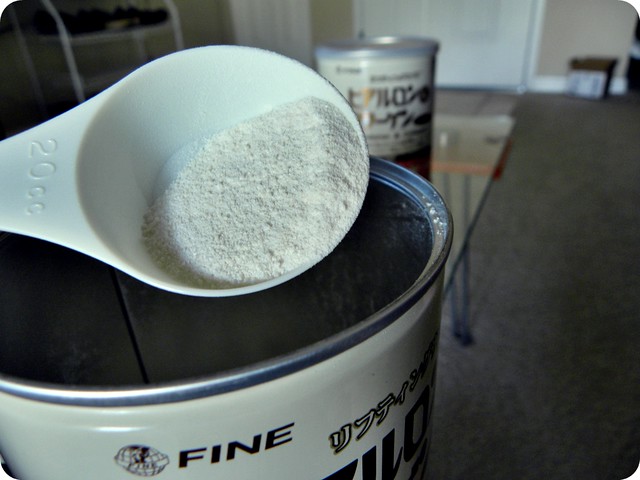
Collagen and Cellulite Reduction
In the pursuit of smooth, flawless skin and a toned body, many individuals seek remedies and treatments to reduce the appearance of cellulite. Collagen has emerged as a popular solution in this quest, purported to improve skin texture and firmness. But is collagen truly effective in diminishing cellulite, or is it simply another myth perpetuated by the beauty industry? Let’s delve into the science behind collagen and its potential relationship with cellulite to uncover the truth.
Understanding Cellulite
Cellulite, characterized by the dimpled, uneven texture of the skin, is a common cosmetic concern affecting people of various ages and body types. It occurs when fat deposits protrude through the connective tissue beneath the skin, creating a lumpy appearance often compared to orange peel or cottage cheese. While more prevalent in women, men can also experience cellulite.
Several factors contribute to the development of cellulite, including genetics, hormonal fluctuations, lifestyle habits, and aging. Despite its widespread occurrence, effective treatments for cellulite remain limited, prompting individuals to explore alternative solutions such as collagen.
The Role of Collagen
Collagen is the primary structural protein in the human body, providing strength, elasticity, and support to various tissues, including the skin, bones, muscles, tendons, and ligaments. It plays a crucial role in maintaining skin firmness and youthful appearance. However, as we age, the body’s collagen production naturally declines, leading to sagging skin, wrinkles, and decreased elasticity.
Given its importance in skin health, collagen has been touted as a potential remedy for cellulite reduction. Advocates suggest that by replenishing collagen levels through various means, individuals may experience improvements in skin texture and firmness, ultimately reducing the visibility of cellulite.
Evaluating the Evidence
While the concept of collagen as a cellulite treatment holds promise, scientific evidence supporting its effectiveness remains limited and inconclusive. Several small-scale studies and anecdotal reports have explored the impact of collagen on skin appearance, including cellulite reduction. However, the results have been mixed, with some participants reporting improvements while others see little to no change.
Furthermore, experts emphasize that cellulite is a complex condition influenced by multiple factors, including genetics, hormones, lifestyle choices, and environmental factors. As such, no single treatment, including collagen, can offer a universal solution. Instead, a holistic approach that addresses underlying factors may be more effective in managing cellulite.

Maximizing Collagen Production
While the direct link between collagen and cellulite reduction may be uncertain, there are steps individuals can take to support collagen production and maintain skin health:
- Healthy Diet: Consuming a balanced diet rich in vitamins, minerals, antioxidants, and protein can provide essential nutrients needed for collagen synthesis.
- Hydration: Proper hydration is essential for skin health, helping to maintain elasticity and reduce the appearance of cellulite.
- Sun Protection: Limiting sun exposure and using sunscreen can prevent collagen breakdown and premature aging of the skin.
- Regular Exercise: Engaging in regular physical activity promotes blood circulation and collagen production, contributing to overall skin health.
- Skincare Routine: Using skincare products containing ingredients like retinol, vitamin C, and peptides may stimulate collagen production and improve skin texture.
Conclusion
While collagen plays a vital role in skin health and elasticity, its efficacy in reducing cellulite remains uncertain. While some individuals may experience improvements with collagen treatments, scientific evidence supporting its effectiveness is lacking. Therefore, it’s essential to approach cellulite management with realistic expectations and a multifaceted approach that addresses various factors contributing to its development.
Ultimately, achieving smoother, cellulite-free skin requires a combination of healthy lifestyle choices, skincare practices, and possibly medical interventions tailored to individual needs. While collagen may contribute to overall skin health, it’s not a guaranteed solution for cellulite elimination. If you would like further information about taking the top marine collagen, you may check out their page to learn more.
